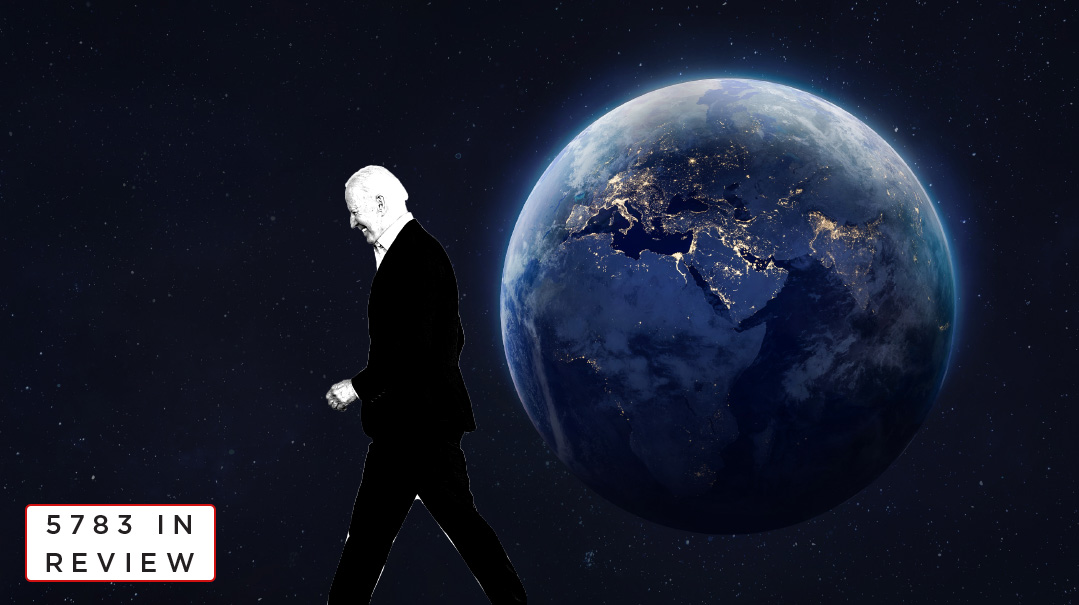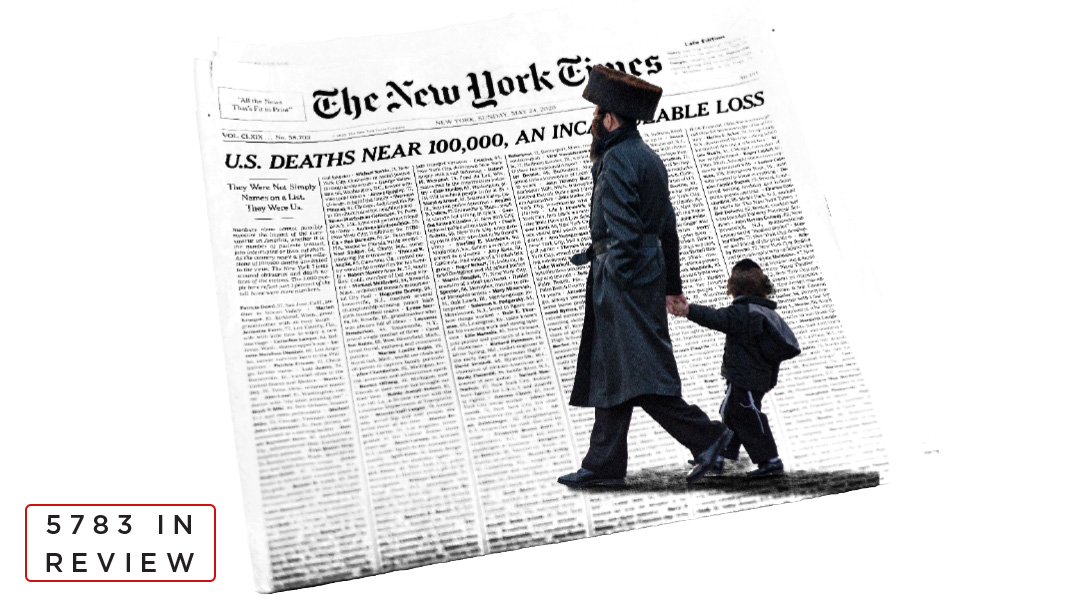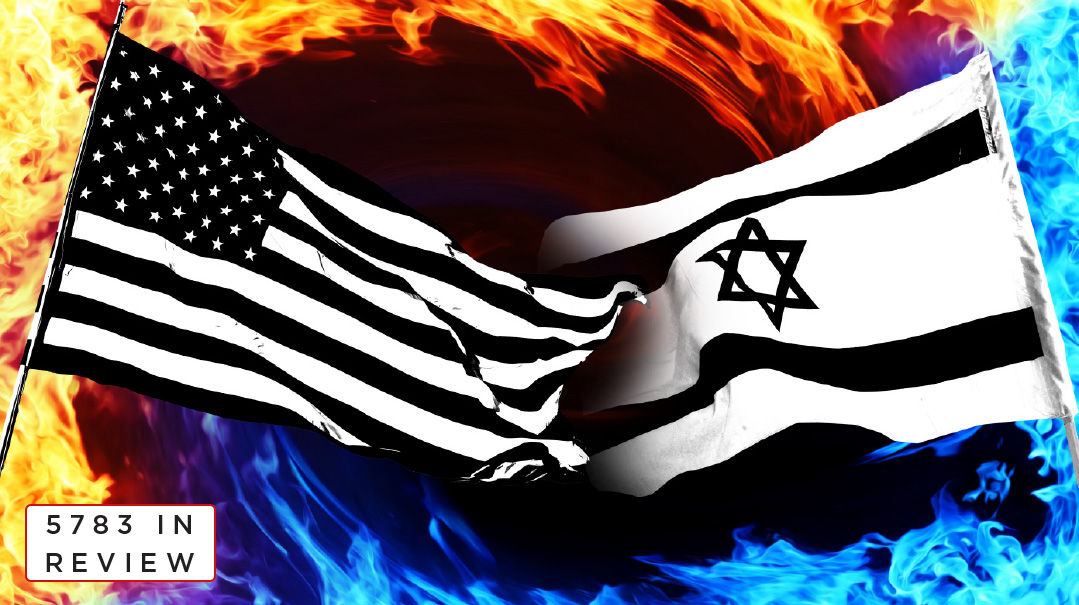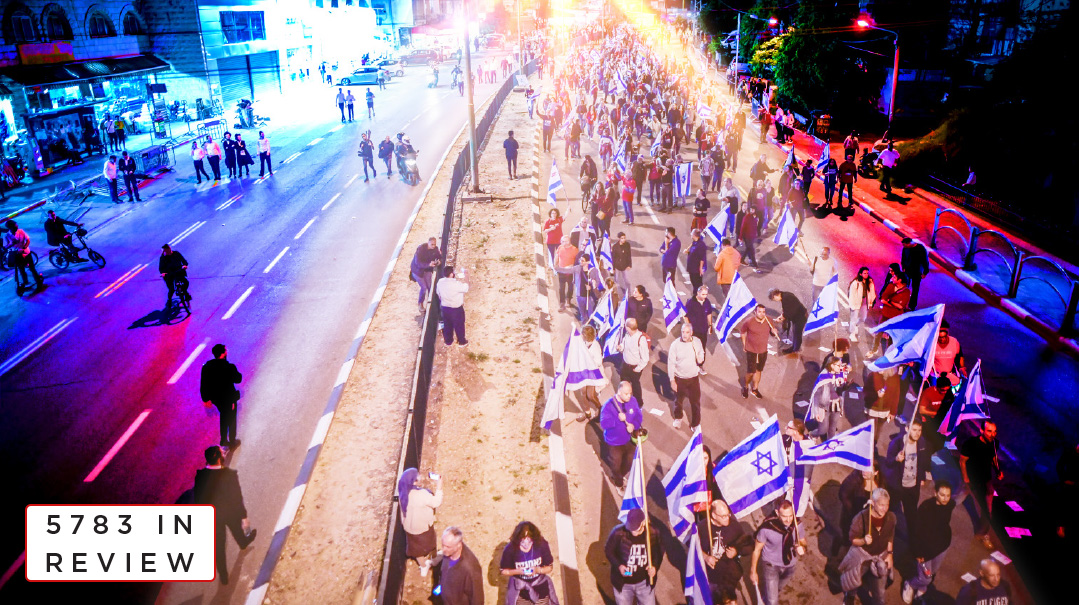Alone in Ukraine
| September 12, 2023Despite the war, “lev Yisrael eir” — the heart of Israel is awake in Torah and mitzvos
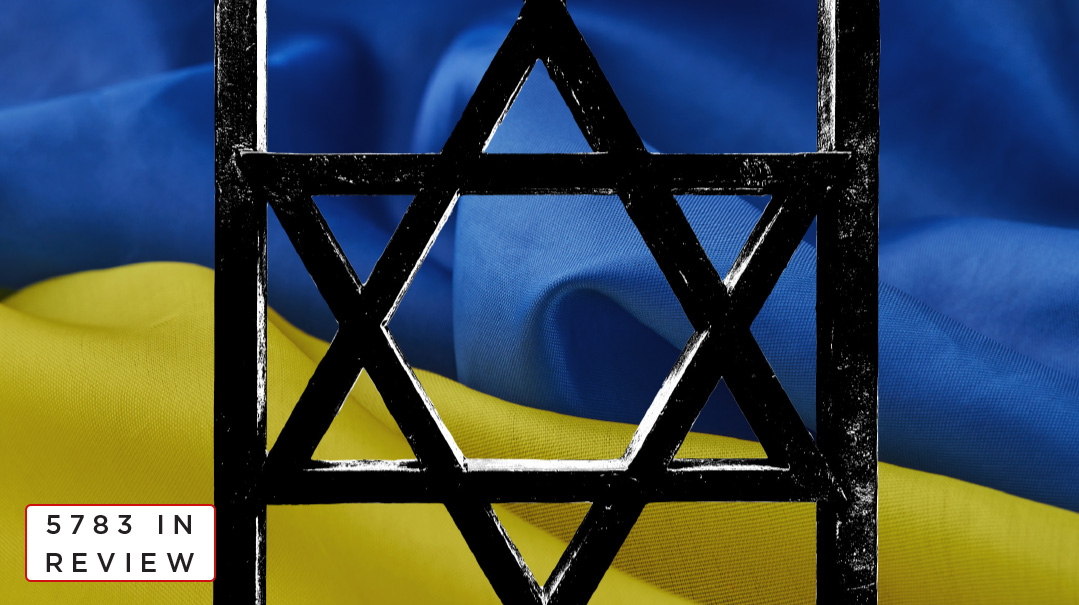
“IS
the war in Ukraine still going on?” a philanthropist asked me a few months ago. The question brought home that despite the fact that the war’s 600-day mark falls next month, over the last year the Ukraine war — and with it the struggle of the country’s Jewish community — has been forgotten.
Tens of thousands of Ukrainians have fallen over the past year, of whom an estimated 80 were Jews. Some were killed during the incessant shelling of cities across the country; others — such as the hero Leonid Krasnov, who received a medal for bravery from President Zelensky — fell in battle on the front lines. And some we haven’t been able to bring to a Jewish burial.
But despite the war, “lev Yisrael eir” — the heart of Israel is awake in Torah and mitzvos. About a third of the 40,000 Jews who fled the country at the beginning of the war have returned. Communities across Ukraine report an extraordinary spiritual awakening, even among people who until now concealed or denied their Jewishness. Now they show up at shul, alone or with family. They want to listen, to return to their roots, to be together, to feel a sense of community, and yes, also to receive help — and they have official documents proving that they are halachic Jews. I would like to take this opportunity to acknowledge my fellow Chabad shluchim, who have been working 24/7, a source of great kiddush Hashem, even among non-Jews.
That kiddush Hashem was felt at a recent meeting of President Zelensky’s with foreign diplomats. We’d presented a copy of the Tehillim — translated for the first time into Ukrainian — to the president, as part of our ongoing close relationship, which he quoted from a few days later at the meeting.
“Our soldiers are brave and successful,” he told them “but is this just because of human efforts, or because G-d heard our prayers?”
But despite the superhuman efforts of the rabbis on the ground, keeping the lights on in a war-torn country is extremely difficult. Before the war, more than 90 percent of the funding for the community came from local philanthropists and organizations. That funding is down by two-thirds. In parallel, the funding requirements have soared by 600 percent due to the wartime emergency, but foreign funds have plunged by 70 percent this year as donors move on.
Through the despair and the never-ending struggle for survival, we’re working tirelessly to keep up the federation’s chesed work throughout the country’s 180 Jewish communities, with the help of 2,000 volunteers working nonstop. We haven’t neglected a single chag until now, and we have no intention of doing so in the future; we’ve stepped up the distribution of food and life-saving humanitarian aid; we run a psychological support system for Jews in the country; and we help Jews escape from near the front lines to safer cities in Ukraine or even Israel.
We enter 5784 in fear of the unknown. Dozens die every day by the sword (which in our day means Kalashnikovs and missiles), by water and by fire. But above all, we fear the financial future. I don’t know how we can survive without external support.
Every passing moment brings us closer to the Geulah, when the great shofar will be blown and we’ll all merit to return to the Holy Land. That’s the only thing keeping us going at this dark time. May we merit the blessing of “tehei shenas peduseinu [it shall be the year of our salvation].”
Rabbi Meir Stambler is a Chabad shaliach and chair of the Federation of Jewish Communities of Ukraine (FJCU).
(Originally featured in Mishpacha, Issue 978)
Oops! We could not locate your form.


